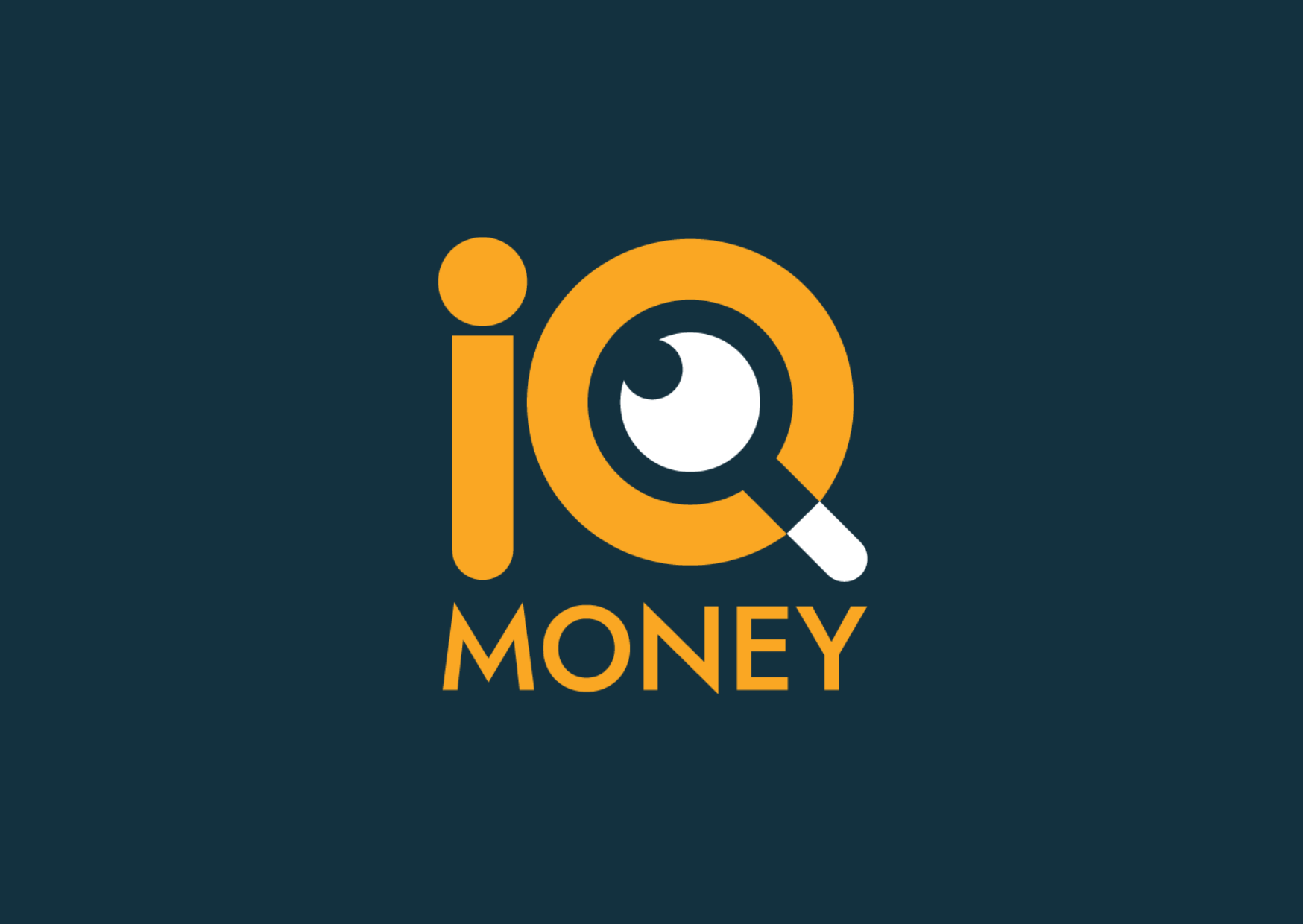Everything You Need to Know About Current Bank Accounts
Everything You Need to Know About Current Bank Accounts
There are numerous types of bank accounts to choose from, but current accounts are by far some of the most popular. Regularly used for frequent transactions and everyday purchases - such as grocery shopping, paying bills, commuting and socialising - a current account is the bank account that most people use on a daily basis. In the UK, 97% of adults have a day-to-day bank account, the majority of which are current accounts. Unlike savings accounts, which are designed to keep money safe and secure whilst it’s earning interest, current accounts are designed to be used daily.
Common Features of a Current Account
With so many different current accounts out there, with most banks offering more than one option, it’ll come as no surprise that these accounts can vary quite a lot. But, they do all share the same key features.
Debit Card Payments - With a current bank account, a lot of what you can do uses a debit card. This is a card that allows you to make purchases online and in person, as well as withdrawing money at ATMs and cash points.
Cheques - Though fewer and fewer people are using cheques nowadays, some current bank accounts do still provide cheque books, enabling you to write cheques to pay for things. However, this feature is becoming less common with the rise of digital transactions and online banking.
Online and Mobile Banking - Most current accounts offer online and mobile banking services, and you’ll struggle to find any that haven’t embraced a digital way of doing things in one way or another. This is a huge benefit, as it allows you to manage your account, pay bills, transfer money and check your balance from your smartphone, tablet or computer.
Direct Debits and Standing Orders - When you have a current account, you can set up direct debits and standing orders. Both of these let you automate regular payments, ensuring they come out of your account without you having to think twice. They are commonly used for bills, subscriptions, rent and mortgages. They make sure that payments are made on time and without the need for your input.
Overdrafts - A lot of current bank accounts offer an overdraft option to selected customers, allowing you to spend more money than you have in your account. This is usually up to a set limit, providing a financial buffer for times when you need a little extra cash to cover unexpected costs. Banks often charge fees and interest for the privilege of having an overdraft.
Cashback and Rewards - There are a lot of cashback and rewards available with current bank accounts, and different banks tend to offer slightly different incentives. These are used as a way to entice customers into choosing one current account over another. Rewards tend to include cashback on certain purchases or discounts at specific shops.

How to Choose the Right Current Bank Account for You
As is the case when you’re opening any type of bank account, you need to compare the various current account options. This means comparing factors such as fees and charges, as some banks charge more than others. Look for accounts with low or no monthly fees, and be aware of any charges that might be given for overdrafts, international transactions and other services. Knowing exactly what the fees are will help you to avoid unexpected charges.
It’s also important to make sure that the bank offers an easy to use online banking platform, and that there’s enough branches that are convenient for you. Though a lot of banking can be done online, there’s no knowing when you will have to visit in person. It can save a lot of time if you choose a bank with branches close to your home or workplace, as well as one that provides good customer service.
It’s a good idea to compare the interest rates and rewards offered by different accounts, as this will help you to maximise the benefits of your banking. Look for current accounts that offer incentives such as cashback and discounts when you use your account. There are even some banks that offer perks such as travel insurance and breakdown cover when you have a current account with them, which can also save you money.
How to Get the Most Out of Your Current Account
It’s important to get the most out of your current account, to ensure that you are maximising your returns and benefiting in every possible way.
Familiarise Yourself with Your Account Features - Familiarise yourself with the terms and conditions of your account, including fees and interest rates. Make sure that you are taking advantage of all the features your account offers, such as the convenience of online banking.
Monitor Your Transactions - A lot of people forget to monitor their transactions, even though it’s a key part of getting the most out of your current account. Review your account statements regularly to keep track of your spending, and to spot any unauthorised transactions that you don’t recognise.
Set Up Alerts - If you are using a mobile app to manage your banking, set up alerts that could be helpful to you. Receiving notifications about low balances, large transactions, incoming and outgoing payments or potential fraud will keep you up to date.
Take Advantage of Cashback and Discounts - If your account offers cashback on purchases, use your debit card for eligible transactions to earn money back. There’s no point paying in cash or on another card if you can get cashback by using your current account. Some accounts come with discounts or special offers, so make sure to use these benefits whenever possible.
Use Online Banking Tools - Online banking is a convenient way to manage your finances, and it’s available with the majority of current accounts. Download your bank’s mobile app for easy access to your account, from wherever you are. This enables you to make transfers quickly, even if you are out and about. Some banks also offer budgeting and financial management tools, which can help you to track your spending and manage your budget.
Automate Payments - You can streamline your online banking by automating payments. Set up direct debits and standing orders for regular bills and subscriptions, as a way to ensure that they are paid on time. This can help you to avoid late fees and the stress of forgetting.
At IQ Money, we know how daunting it can be to choose a bank account, but we are always on hand to help. By knowing as much as possible about current bank accounts, and by paying attention to our advice, you will have the knowledge needed to select the ideal account for you.





